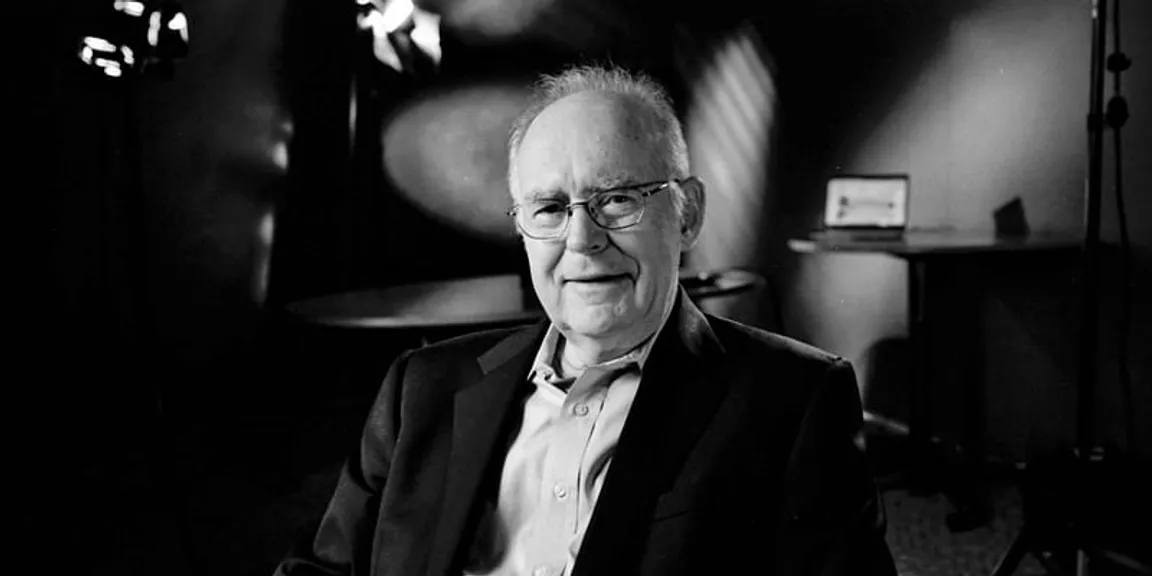Gordon Moore, co-founder of Intel and creator of Moore's Law, passes away at 94
Moore's 1965 prediction that the number of transistors on an integrated circuit would double every year - which became known as Moore's Law - helped shape the semiconductor industry and pave the way for the ubiquitous use of chips in millions of everyday products.
Intel Corporation's co-founder, and the creator of Moore's Law, Gordon Moore, has passed away at the age of 94 in his home in Hawaii surrounded by his family.
Moore's 1965 prediction that the number of transistors on an integrated circuit would double every year - which became known as Moore's Law - helped shape the semiconductor industry and pave the way for the ubiquitous use of chips in millions of everyday products.
By simplifying the design of semicondustors and and and manufacturing them at scale, Moore along with his future partner Robert Noyce, managed to replace the traditional vacuum tubes and the maize of wires that came with it. By making the transistors smaller and reducing power consumption they helped the electronics industry discover new use cases for their integrated circuits.
Together with Noyce, Moore founded Intel in July 1968, and he initially served as executive vice president before becoming the company's president in 1975. In 1979, Moore was appointed chairman and CEO, and he held those positions until 1987, after which he remained as chairman until he retired in 2006
Tim Cook, CEO of Apple Inc. reacted to his death by tweeting "The world lost a giant in Gordon Moore, who was one of Silicon Valley’s founding fathers and a true visionary who helped pave the way for the technological revolution. All of us who followed owe him a debt of gratitude. May he rest in peace."
Gordon Earle Moore was born in San Francisco on January 3, 1929, and received a Ph.D. in chemistry from the California Institute of Technology in 1954. After starting his research career at the Johns Hopkins Applied Physics Laboratory in Maryland, he returned to California in 1956 to join Shockley Semiconductor.
He received the National Medal of Technology from President George H.W. Bush in 1990, and the Presidential Medal of Freedom, the nation’s highest civilian honor, from President George W. Bush in 2002.
Disclaimer: From the "Collecting Innovation Today" interview with innovator Gordon Moore on September 24, 2008 at the Intel Corporation, part of The Henry Ford Museum's "OnInnovation" project that celebrates the contributions of today's innovators.


